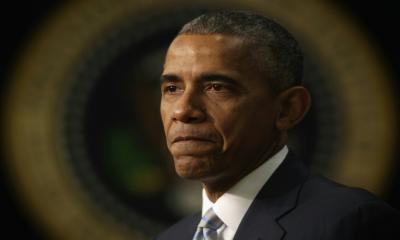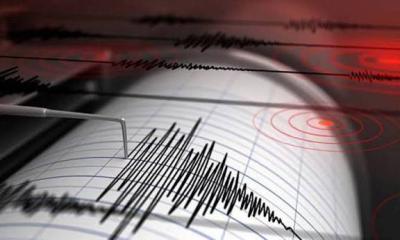Patients, most of them elderly, are lying on stretchers in hallways and taking oxygen while sitting in wheelchairs as COVID-19 surges in China’s capital Beijing.
The Chuiyangliu hospital in the city’s east was packed with newly arrived patients on Thursday. By midmorning beds had run out, even as ambulances continued to bring those in need.
Hard-pressed nurses and doctors rushed to take information and triage the most urgent cases.
The surge in severely ill people needing hospital care follows China abandonment of its most severe pandemic restrictions last month after nearly three years of lockdowns, travels bans and school closures that weighed heavily on the economy and prompted street protests not seen since the late 1980s.
It also comes as the the European Union on Wednesday “strongly encouraged” its member states to impose pre-departure COVID-19 testing of passengers from China.
Over the past week, EU nations have reacted with a variety of restrictions toward travelers from China, disregarding an earlier commitment to act in unity.
Italy — where the pandemic first exacted a heavy toll in Europe in early 2020 — was the first EU member to require coronavirus tests for airline passengers coming from China, but France and Spain quickly followed with their own measures. That followed the imposition by the U.S. of a requirement that all passengers from China show a negative test result obtained in the previous 48 hours before departure.
China has warned of “countermeasures” if such policies were to be imposed across the bloc.
Still, World Health Organization head Tedros Adhanom Ghebreyesus said Wednesday he was concerned about the lack of outbreak data from the Chinese government.
China has sought to get more of its elderly population vaccinated, but those efforts have been hampered by past scandals involving fake medications and previous warnings about adverse reactions to the vaccines among older people.
China’s domestically developed vaccines are also considered less effective than the mRNA jabs used elsewhere.




-20260216055149.webp)


-20260215061522.webp)





-20260217073221.webp)




-20260216115008.webp)



















